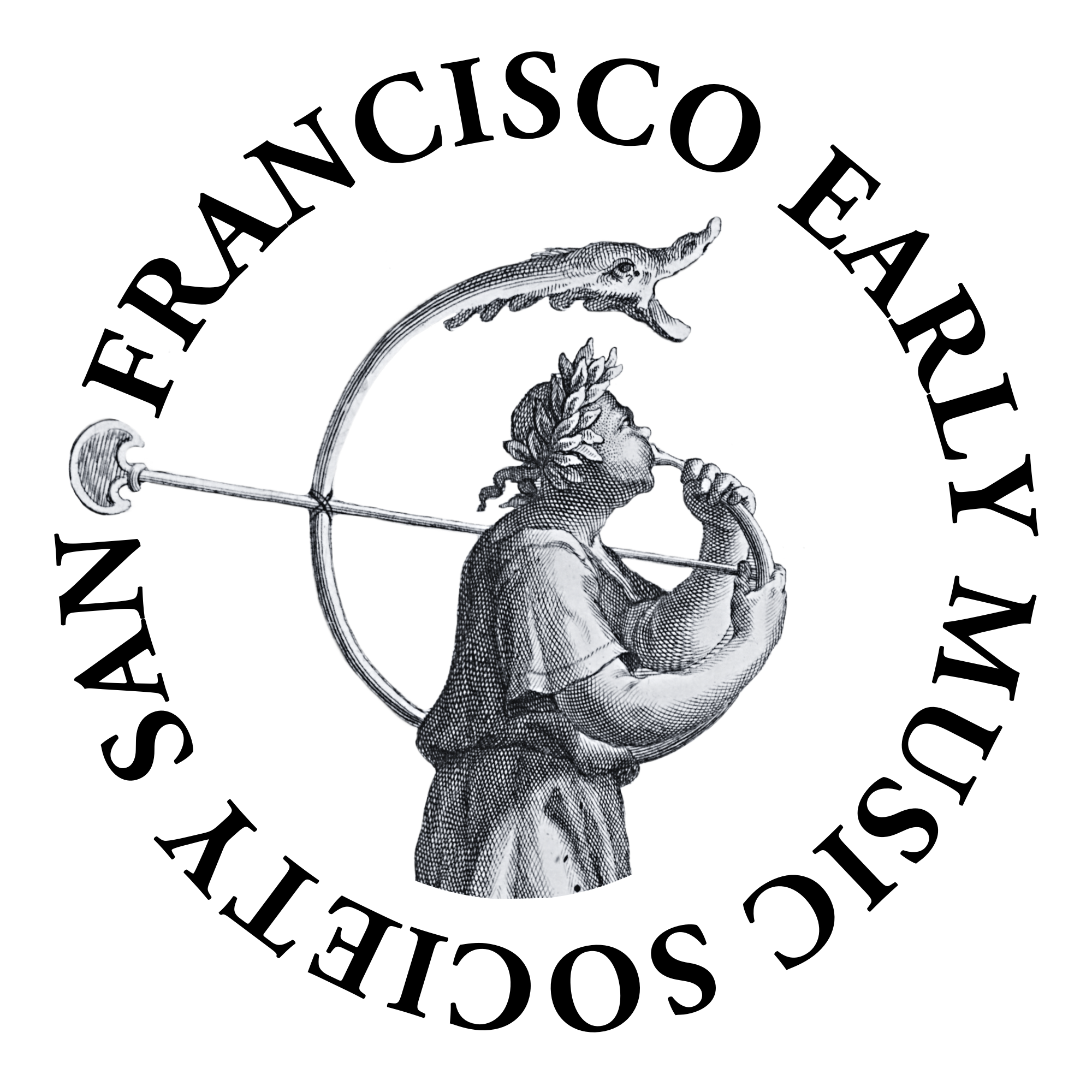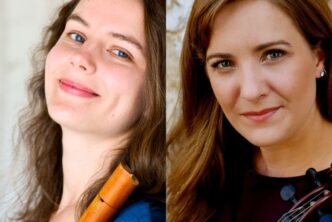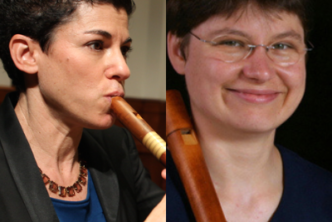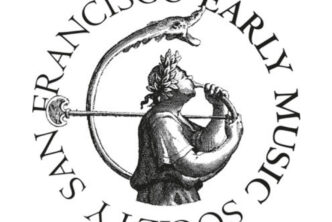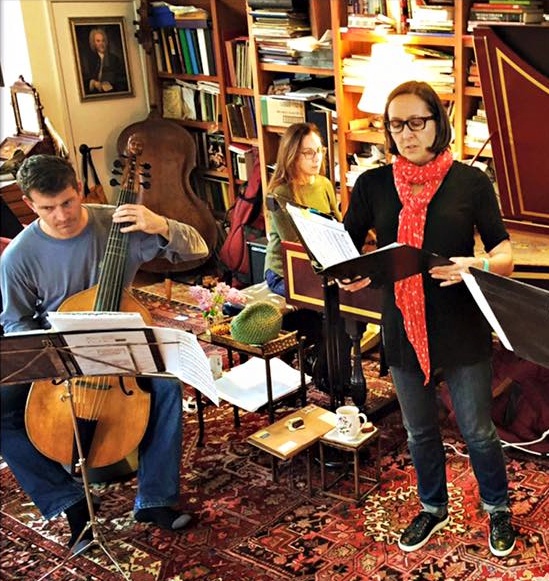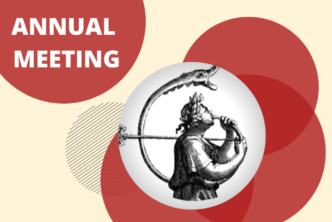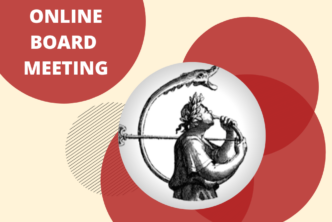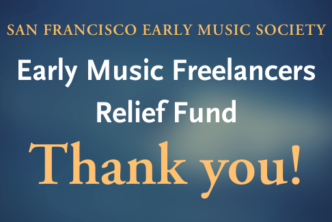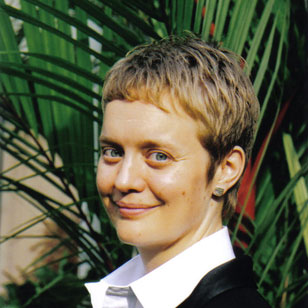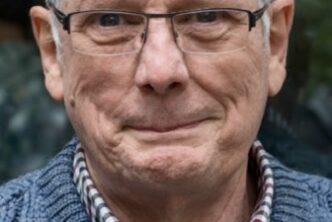Medieval/Renaissance Workshop Director Adam Knight Gilbert and Recorder Workshop Co-Director Rotem Gilbert perform with faculty member Jason Yoshida.
As musical activities ground to a halt earlier this year throughout the country, the San Francisco Early Music Society (SFEMS) was faced with the prospect of suspending its summer educational workshops for early music, which draw several hundred participants annually to the Bay Area in June and July.
Although SFEMS was eventually forced to cancel its in-person workshops, it has adapted swiftly to the moment by launching its virtual workshops in May, featuring faculty from its Medieval/Renaissance, Baroque and Recorder Workshops. Over 300 participants from across the globe have participated in the virtual workshops, taught by some of the leading practitioners of early music in North America.
“I am grateful to the workshop directors and faculty for their imagination and dedication,” said SFEMS Executive Director Derek Tam. “We launched the virtual workshops as soon as possible not only to serve our community sheltering in place, but to employ our world-class faculty members, many of whom have seen all of their performance work cancelled.”
Tam added that the organization had never before presented online programming on such a scale, and that there was initially trepidation from many participants about online learning.
“By offering training sessions for Zoom, our videoconferencing platform, we were able to convince many folks to join us online,” Tam said.
In a short time, the virtual workshops sessions—which are being held each Friday, Saturday and Sunday through May and June, and possibly later—have become a gathering place for early music enthusiasts around the globe.
“We are all especially hungry for community and friendship, and making music, even online and remotely, goes a long way,” said Adam Knight Gilbert, the director of the Medieval & Renaissance Workshop and a professor at the University of Southern California. “We are learning that a smile, a laugh, and a musical phrase can also be shared online.”
The virtual workshops have provided unexpected benefits for teaching as well, despite technological limitations preventing participants from playing simultaneously, said faculty member Shira Kammen.
“Among many other things, I’ve tried to teach a few musical improvisation exercises,” Kammen said. “[S]ome have expressed that they have enjoyed that and don’t feel under pressure, since no one else is listening. I’m glad about that, since it is frustrating for me to not actually hear anyone!”
Faculty member Malachai Komanoff Bandy added that with virtual learning, his students have found new levels of self-confidence.
“Students have very quickly had to learn to rely on their own inner teacher,” Komanoff Bandy said. “[I]n doing so, they have discovered joy in deeper and more intentional practicing, freedom in self-sufficiency, and a boost to accessibility and quality of musical intuition.”
Participants from all walks of life have expressed their appreciation for the opportunity to expand their knowledge, polish their vocal or instrumental technique, and to connect with fellow early music enthusiasts.
“There has not been a moment I did not feel included,” said participant James Nicholson, an undergraduate music major at Old Dominion University in Virginia. “[The virtual sessions are] clearly [a] labor of love and it’s a pleasure to witness.”
Baroque Workshop director Linda Pearse said she hopes more people will take advantage of the virtual workshops.
“[I hope] our workshops…will bring people comfort, inspiration, and meaningful connection to bridge our transition to a world without Covid-19,” Pearse said. “Music is not only a thing of beauty—it connects us with our innermost selves in a way that is sustaining and nurturing.”
SFEMS’s Virtual Workshops currently run every weekend, with descriptions listed through June. From June 15–19, SFEMS will also offer a virtual, week-long music workshop for children ages 6–18.

